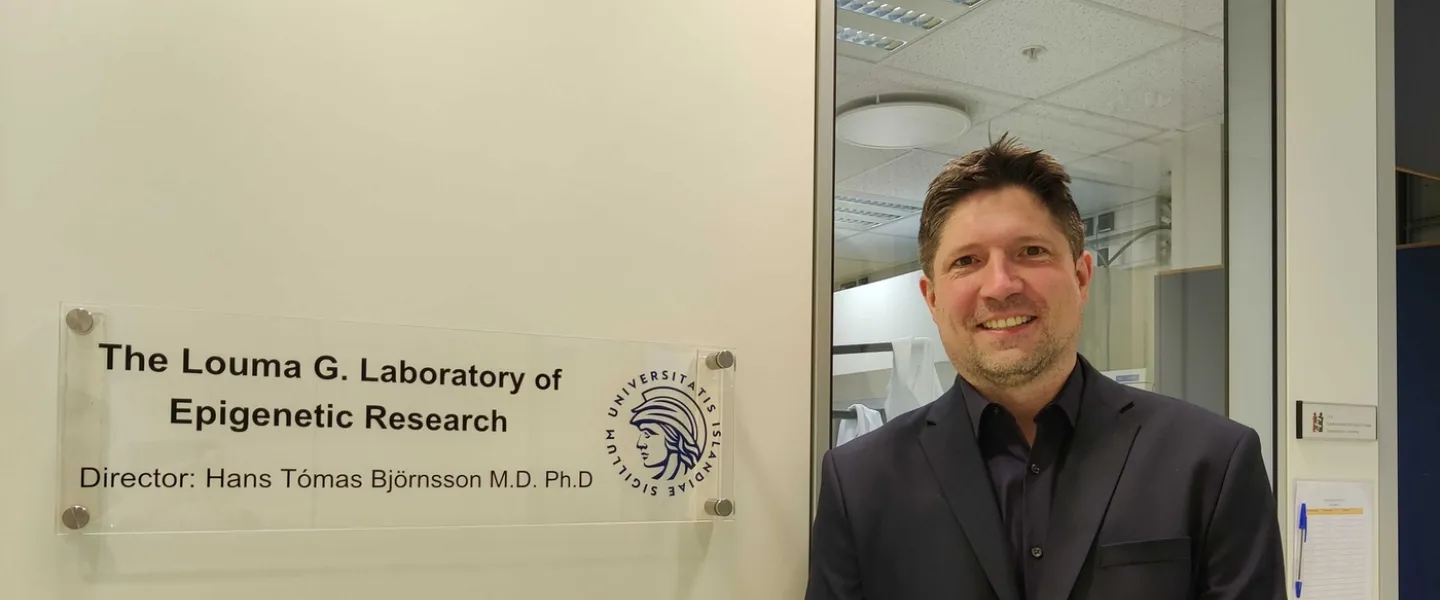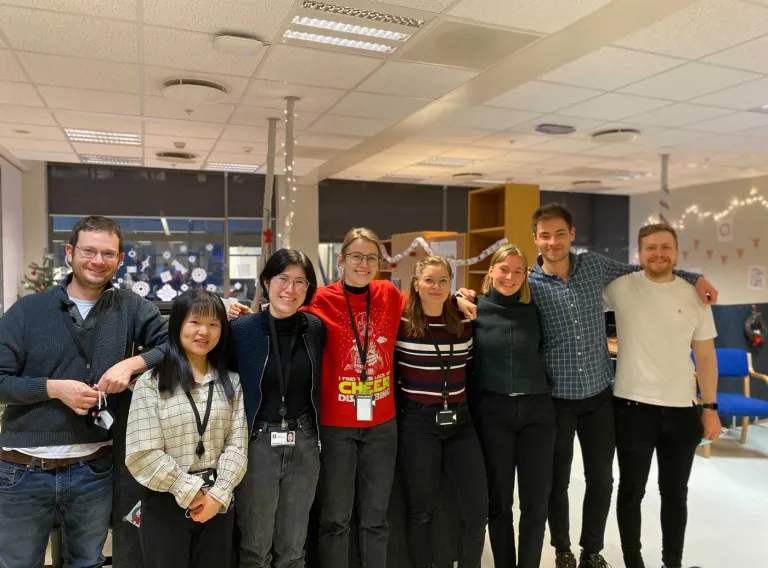
The research laboratory of Hans Tómas Björnsson, professor at the University of Iceland Faculty of Medicine, was recently awarded a grant of ISK 260 million (USD 2 million) to fund research into Mendelian disorders of the epigenetic machinery.
The research laboratory has focused in particular on one such disorder, Kabuki syndrome, which is caused by loss of function variants in either of two genes encoding histone-modifying enzymes. Kabuki syndrome causes intellectual disability, growth deficiency and immune dysfunction. The disorder was first described around 40 years ago and affects at least 1 in 30,000 births.
It has previously been generally accepted among scientists that intellectual disability cannot be treated after birth. However, Hans Tómas and his team believe that their research and other studies contradict this theory, at least in the case of Kabuki syndrome, and suggest that intellectual disability can in fact be treated. Indeed, the team's end goal is to develop a safe treatment that can reduce the severity of the syndrome.
"This grant is an important windfall for us," says Hans Tómas. "It enables us to continue focusing our attentions on Kabuki syndrome. We will do everything in our power to make the best possible use of this funding in order to increase our knowledge of the syndrome and develop treatment options. Unlike most Icelandic grants, this is a 5-year grant which gives us the opportunity to build a strong team and conduct time-consuming experiments. This will allow us to better understand the causes of symptoms in patients with Kabuki syndrome."
Hans Tómas' research laboratory, which will celebrate its 10th anniversary this July, has been at the forefront of research into Kabuki syndrome and has developed a potential treatment that is due to enter clinical trials at the end of 2022.
